Browse products
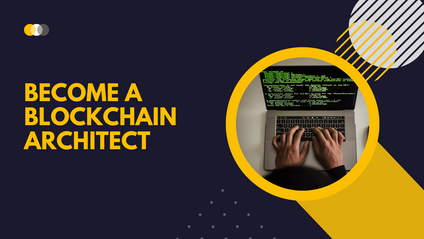
Become a Blockchain Architect
- Course
- By Skills Course

Business Productivity Training
- Course
- By Skills Course
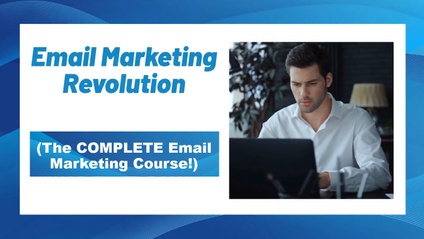
Email Marketing Revolution
- Course
- By Skills Course

Google Ads Mastery
- Course
- By Skills Course

Motivation Mastery
- Course
- By Skills Course

Total Mental Resilience
- Course
- By Skills Course

10 Soft Skills You Need
NEW COURSE!
- Course
- By Stone River eLearning
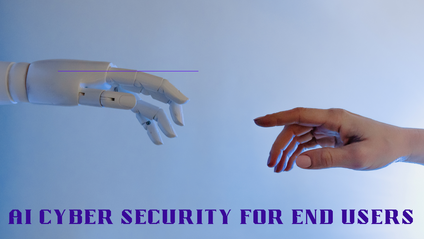
AI CyberSecurity for End Users
- Course
- By Stone River eLearning
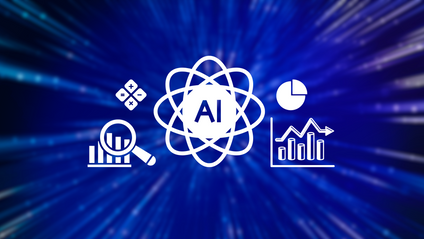
AI Market Analysis and Strategy
- Course
- By Stone River eLearning

AI Powered Talent Acquisition
Master the Future of Recruitment with Artificial Intelligence This course equips talent professionals with a strategic understanding of AI and its game-changing impact on recruitment. Why AI? We'll delve into the critical role AI plays in boosting efficiency and effectiveness across the entire HR and talent management spectrum. Focus on Implementation: Learn how AI is revolutionizing HR processes from candidate sourcing and interviewing to development. We'll explore a variety of powerful AI-powered tools and services designed to streamline your recruitment efforts. Gain Practical Insights: This course goes beyond theory. We'll provide real-world demonstrations to empower you to build your roadmap for leveraging AI in your candidate search. Become an AI-equipped Talent Acquisition Pro: Walk away with the knowledge and skills to implement AI solutions and gain a significant advantage in today's competitive hiring landscape.
- Course
- By Stone River eLearning

AWS Certified Cloud Practitioner (CLF-C01)
Certificate Exam Preparatory Course
- Course
- By Stone River eLearning

AWS Certified Cloud Practitioner CLF-C02
Certification Exam Preparatory Course
- Course
- By Stone River eLearning
AWS Certified Cloud Practitioner Exam Crash Course
- Course
- By Stone River eLearning

AWS Certified DevOps Engineer - Professional
Certificate Exam Preparatory Course
- Course
- By Stone River eLearning

AWS Certified Developer - Associate
Certificate Exam Preparatory Course
- Course
- By Stone River eLearning

AWS Certified Security - Specialty SCS-C02
Certification Exam Preparatory Course
- Course
- By Stone River eLearning
AWS Certified Solutions Architect - Associate
Want to pass the NEW AWS Solutions Architect - Associate Exam (SAA-C02) In-depth AWS Architectures. Take this course!
- Course
- By Stone River eLearning
AWS: Monitoring & DevOps with CloudWatch
Master Monitoring and Alerting Services in Amazon Cloud
- Course
- By Stone River eLearning

AZ-800- Administering Windows Server Hybrid Core Infrastructure
Certificate Exam Preparatory Course
- Course
- By Stone River eLearning

AZ-801: Configuring Windows Server Hybrid Advanced Services
Certificate Exam Preparatory Course
- Course
- By Stone River eLearning

AZ-900: Microsoft Azure Fundamentals
Certificate Exam Preparatory Course
- Course
- By Stone River eLearning

Abstracting with Functions
- Course
- By Stone River eLearning

Accredited Agile Project Management Foundation (Scrum)
- Course
- By Stone River eLearning

Accredited Agile Roles - Product Owner
- Course
- By Stone River eLearning

Accredited Agile Scrum Master
Certificate Exam Preparatory Course
- Course
- By Stone River eLearning
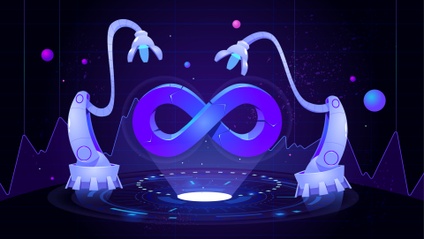
Accredited DevOps Foundation
- Course
- By Stone River eLearning
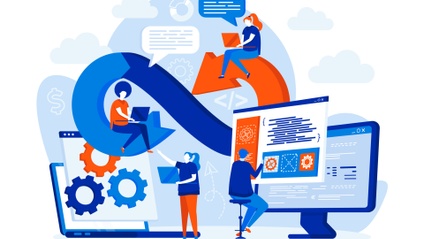
Accredited DevOps Professional
- Course
- By Stone River eLearning
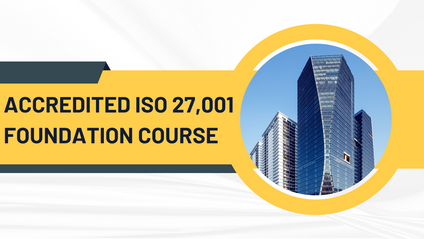
Accredited ISO IEC 27,001 Foundation
Certification Exam Preparatory Course
- Course
- By Stone River eLearning

Accredited SIAM Foundation
- Course
- By Stone River eLearning
Administrative Support
- Course
- By Stone River eLearning

Algorithmic Problem Solving
- Course
- By Stone River eLearning

Amazon Web Services Fundamentals
- Course
- By Stone River eLearning
Amazon Web Services: Storage, S3 and CloudFront
Storage and CDN services in Amazon cloud - AWS S3, EBS, EFS, CloudFront
- Course
- By Stone River eLearning

Anger Management
Mastering Emotional Control for Personal and Professional Growth
- Course
- By Stone River eLearning

Apple Certified Support Professional 10.14
- Course
- By Stone River eLearning

Apple Certified Support Professional macOS 11
This is a Certificate Exam Preparatory Course!
- Course
- By Stone River eLearning

Applied Fundamentals Hangman
- Course
- By Stone River eLearning

Applied Fundamentals: Guess the Number
- Course
- By Stone River eLearning

Assertiveness And Self-Confidence
New Course
- Course
- By Stone River eLearning

Azure Virtual Desktop (AZ-140)
Certification Exam Preparatory Course
- Course
- By Stone River eLearning

Become a PHP Guru Bundle
Everything for the professional PHP developer
- Course bundle
- By Stone River eLearning

Become a Professional Graphic Designer
Tools and techniques for visual communication
- Course
- By Stone River eLearning

Become a Professional Web Designer Bundle
Affordable credentials in web design
- Course bundle
- By Stone River eLearning
Blog Marketing For Business
Learn How To Use Blog Marketing To Grow Your Business
- Course
- By Stone River eLearning
Boost Your Emotional Intelligence
- Course
- By Stone River eLearning

Brainstorming Techniques
- Course
- By Stone River eLearning

Building Rapport with Clients
- Course
- By Stone River eLearning

Business Ethics
- Course
- By Stone River eLearning
Business Writing
- Course
- By Stone River eLearning

CISA: Certified Information Systems Auditor
This course will help you understand the requirements for passing ISACA's Certified Information Systems Auditor exam. The course is based on the five domains outlined by ISACA and gives you tools to research and study in your certification journey. This course is not accredited by ISACA, however it does follow the outline set forth in their Exam Content Outline (ECO).
- Course
- By Stone River eLearning

CISSP Certified Information Systems Security Professional 2024
- Course
- By Stone River eLearning

Certified Associate in Project Management (CAPM)
Certificate Exam Preparatory Course
- Course
- By Stone River eLearning

Certified Incident Handler (ECIH) v2
Certification Exam Preparatory Course
- Course
- By Stone River eLearning

Change Management
- Course
- By Stone River eLearning